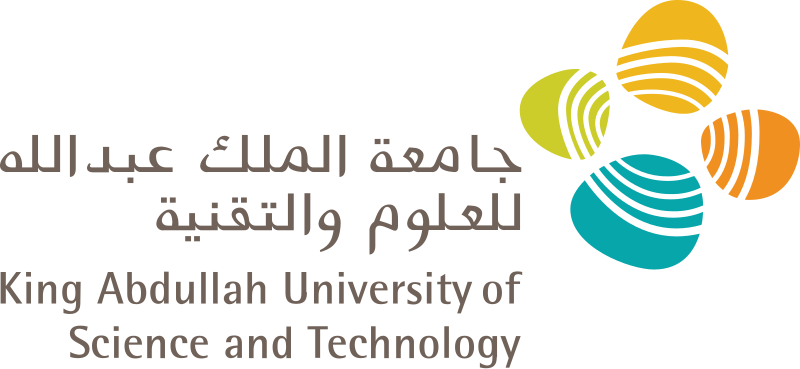
Applying to KAUST - Your Complete Guide for Masters & Ph.D. Programs (Upcoming Admissions)
Admissions Overview & Key Requirements

A groundbreaking new study published in Nature may have finally answered one of biology’s most puzzling questions: Why do we need sleep?
Researchers at the University of Oxford have discovered that the urge to sleep may be triggered by electrical stress in the brain’s energy-producing structures, providing the first clear physical explanation for the biological necessity of sleep.
The team, led by Professor Gero Miesenböck and Dr Raffaele Sarnataro, found that sleep is not just a mental reset but a vital response to stress in mitochondria - the tiny “power plants” inside cells that turn food and oxygen into energy.
Using fruit flies as their model, the researchers identified a surprising trigger: when certain sleep-regulating brain cells receive too much energy, their mitochondria become overloaded. This overload causes them to leak electrons, which in turn creates reactive oxygen species.
“You don’t want your mitochondria to leak too many electrons,” said Dr Sarnataro. “When they do, they generate reactive molecules that damage cells.”
The study revealed that specialized neurons function like circuit breakers, monitoring the level of mitochondrial stress. Once the leak crosses a dangerous threshold, these cells trigger sleep, helping restore balance and prevent cellular damage.
Even more remarkably, scientists found they could control how much the flies slept by manipulating how much energy flowed through these mitochondria — and even by replacing that energy with light using proteins from microorganisms.
“More energy meant more leakage and, in turn, more sleep,” the researchers explained.
For decades, scientists have known sleep is essential for survival, but the physical reason behind the need for sleep remained a mystery.
“This research answers one of biology’s big mysteries,” said Dr Sarnataro. “Why do we need sleep? The answer appears to be written into the very way our cells convert oxygen into energy.”
Professor Miesenböck added, “We set out to understand what sleep is for, and why we feel the need to sleep at all. Despite decades of research, no one had identified a clear physical trigger. Our findings show that the answer may lie in the very process that fuels our bodies: aerobic metabolism. In certain sleep-regulating neurons, we discovered that mitochondria - the cell’s energy producers - leak electrons when there is an oversupply. When the leak becomes too large, these cells act like circuit breakers, tripping the system into sleep to prevent overload."
The discovery may also help explain the links between sleep, metabolism, and ageing. For example, smaller animals, which consume more oxygen for their size, tend to sleep more and live shorter lives. People with mitochondrial disorders often suffer from severe fatigue, even without physical exertion, possibly due to this same energy leak mechanism.
The paper, titled “Mitochondrial origins of the pressure to sleep”, is now published in Nature.
Share

Applying to KAUST - Your Complete Guide for Masters & Ph.D. Programs (Upcoming Admissions)
Admissions Overview & Key Requirements

An mRNA cancer vaccine may offer long-term protection
A small clinical trial suggests the treatment could help keep pancreatic cancer from returning

Registration Opens for SAF 2025: International STEAM Azerbaijan Festival Welcomes Global Youth
The International STEAM Azerbaijan Festival (SAF) has officially opened registration for its 2025 edition!

Young Leaders Union Conference 2025 in Paris (Fully Funded)
Join Global Changemakers in Paris! Fully Funded International Conference for Students, Professionals, and Social Leaders from All Nationalities and Fields

Yer yürəsinin daxili nüvəsində struktur dəyişiklikləri aşkar edilib
bu nəzəriyyənin doğru olmadığı məlum olub. Seismik dalğalar vasitəsilə aparılan tədqiqatda daxili nüvənin səthindəki dəyişikliklərə dair qeyri-adi məlumatlar əldə edilib.

Lester B Pearson Scholarship 2026 in Canada (Fully Funded)
Applications are now open for the Lester B Pearson Scholarship 2026 at the University of Toronto!